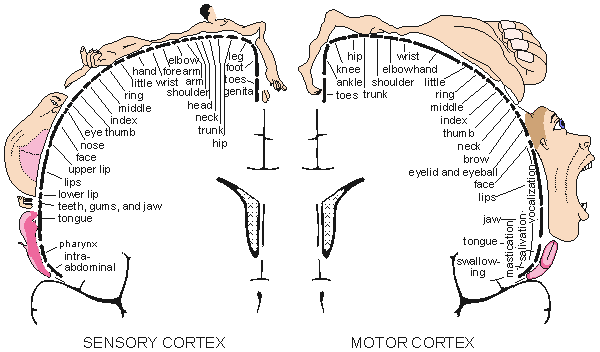Lifter approaches me a few days ago telling me she couldn’t go heavy at all (not even her competition max) on a deadlift static hold: the knurling of the bar was already tearing the skin from the palms of both hands. Methinks. As she talked, she mimicked the movement of a lockout. I told her that was unexpected, although I had seen lifters having lower rack pulls than full ROM (range of motion) deadlifts. Not that usual, but I saw it happening. Any explanation is pure speculation, one being that for these lifters the power they are able to apply to the bar from full ROM liftoff position can’t be reproduced from half the flexed knee and hip they have on the rack pull. Static holds, though, are usually by definition supra-maximal. At least 110-115% should be an easy task. She claimed she never had grip problems with her deadlift.
Half an hour and some workout later, I called her and asked her to produce the mimicked movement again. There’s a visible shrug and shoulder rotation. Interesting.
I told her I would have to see the movement, but is sounded like the shrug and rotation were creating a situation in which she was twisting her grip, therefore hurting her hand.
Today she approached me visibly upset about the full ROM deadlift. She failed at a weight much lighter than expected. I saw the video: from start, there was early knee extension and no scapular adduction, which excessively taxed her lower back on the hip extension. There was some problem right at the liftoff. Her whole form crumbled with a cry of “too heavy”.
There was only one video, but it appeared to me that yes, she had a grip strength problem. First, it wouldn’t be unusual: she has small and apparently not very strong hands. Second, as I explained to her, important decreases in deadlift performance for small hand lifters are highly associated with grip. Grip strength is lost faster than large muscle chain movements. Moreover, with the hands being the locus of important sensory-motor input, the appraisal of weight magnitude (“too heavy”, “heavy enough”, “light”) is primarily provided during the grip. Lifters with chronic grip issues will “lose the deadlift” with grip weakness.
More evaluation is needed, but my hypothesis up to now is that there is a grip problem there. There might be others, but if the weak grip is providing an alarm reaction, all the form issues might be just a result, and not a cause.
We’ll see.

